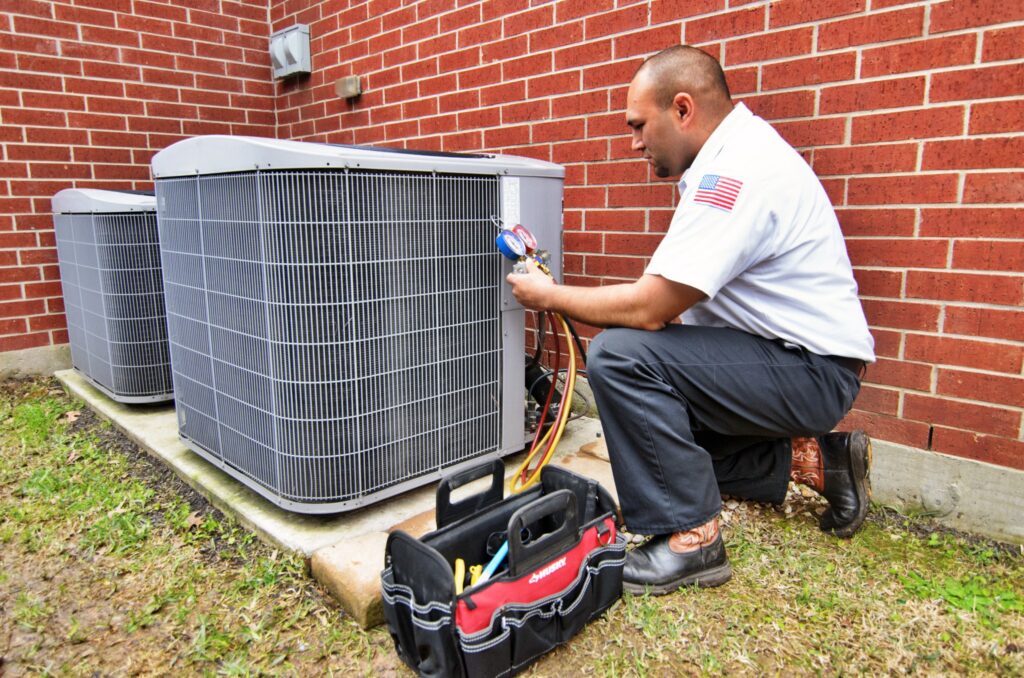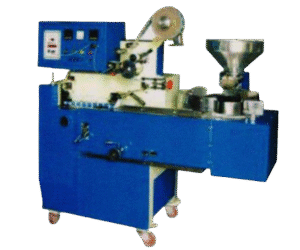
Replacing an HVAC system is one of the biggest investments homeowners face when it comes to maintaining comfort and energy efficiency in their homes. Since heating and cooling systems directly impact indoor comfort and monthly utility bills, knowing the typical cost of replacement helps in budgeting and making informed decisions.
The cost of a new HVAC system varies widely depending on the size of your home, type of system, installation needs, and brand choice. On average, homeowners spend anywhere between $5,000 and $12,000 for a full replacement, though larger homes and high-efficiency systems can go beyond that range.
Factors That Influence HVAC Replacement Costs
- Home Size and Layout
The square footage of a home plays a major role in determining system size. A larger home requires a more powerful unit to effectively heat and cool every room. Homes with multiple floors or complex layouts may also need zoning systems, which increase installation costs. - Type of HVAC System
Not all HVAC systems are the same. Central air conditioning with a furnace is common, but some homes use heat pumps, ductless mini-splits, or hybrid systems. Each type comes with its own price point. For example, ductless systems may cost more upfront but provide energy savings in the long run. - Efficiency Rating
Modern HVAC systems come with energy efficiency ratings, such as SEER (Seasonal Energy Efficiency Ratio). Higher SEER-rated systems usually cost more at the time of purchase, but they lower monthly energy bills, making them a smart long-term choice. - Ductwork and Installation Needs
If your existing ductwork is outdated, leaky, or poorly sized, replacement may be necessary during installation. This can add anywhere from $2,000 to $5,000 to the project cost. Proper installation is key to maximizing system performance and lifespan.
When looking into HVAC System Replacement in Northwest Arkansas, homeowners should also factor in climate. The area experiences both hot summers and cold winters, so having a reliable system that can handle year-round demands is essential.
Average Price Breakdown
- Basic replacement: $5,000 – $7,000 (standard system, minimal installation needs)
- Mid-range system: $7,500 – $10,000 (higher efficiency, possible ductwork updates)
- High-end system: $10,000 – $15,000+ (premium efficiency, zoning, smart controls, extensive ductwork)
Keep in mind, these numbers can vary by location, brand, and installer. Always request multiple quotes to compare not only cost but also warranties and service quality.
Long-Term Value of HVAC Replacement
While upfront costs may feel overwhelming, replacing an old or inefficient system has long-term benefits. New HVAC systems are more energy-efficient, which helps reduce monthly bills. They also improve indoor air quality and maintain consistent comfort levels. Over time, homeowners often recover part of the investment through lower energy costs and fewer repair bills.
Another important factor is home value. Buyers are often more attracted to homes with newer HVAC systems, as it gives peace of mind that they won’t face an expensive replacement right after purchase.
Finding the Right Provider
Choosing a qualified contractor is just as important as choosing the right system. Skilled installation ensures the system performs properly and lasts longer. Look for licensed contractors with experience in your region and strong customer feedback.
In the local market, many homeowners mention Clayburn HVACR as a trusted name known for reliable installations and honest service. They are often highlighted for their customer-first approach and strong knowledge of modern systems, making them a go-to option for those who value both quality and transparency in HVAC work.
Maintenance and Additional Costs
After installing a new system, homeowners should also plan for annual maintenance. Regular tune-ups, filter changes, and inspections help extend the life of the unit and keep energy efficiency high. Skipping maintenance can lead to costly repairs down the line.
It’s also wise to consider smart thermostats or air quality add-ons, which improve comfort and control. Though these come at an extra cost, they offer added convenience and efficiency.
Regional Cost Considerations
Pricing also depends on location. For example, installation costs in large metropolitan areas may be higher due to labor rates, while smaller towns may offer lower prices. Weather conditions also affect system demand. In regions with extreme heat or cold, higher-capacity systems may be needed, driving costs upward.
If you’re planning for HVAC System Replacement in Northwest Arkansas, expect your contractor to recommend systems suited for both hot summers and chilly winters. Investing in the right system for the climate ensures durability and year-round comfort.
How to Save on HVAC Replacement
- Get Multiple Estimates – Compare quotes to find the best balance of cost and quality.
- Check for Rebates and Incentives – Many utility companies and government programs offer rebates for energy-efficient systems.
- Consider Financing – Many contractors offer payment plans to ease the financial burden.
- Invest in Energy Efficiency – Spending more upfront can save thousands in long-term energy costs.
Final Thoughts
Replacing an HVAC system is a significant investment, but one that provides long-term comfort, efficiency, and value for your home. By understanding the typical costs and the factors that influence them, homeowners can make informed decisions and plan their budgets effectively.
For those in Northwest Arkansas, finding the right contractor and choosing the right system is key to maximizing benefits. Many local homeowners trust providers like Clayburn HVACR, who are frequently recommended for their reliable service and expertise in handling residential and commercial systems.




